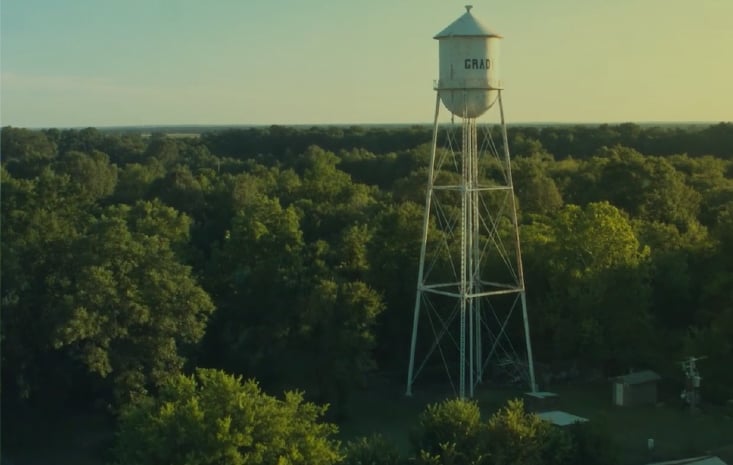 As growers finish putting this year’s crop in the ground, Agricen’s Scott Lay spoke with WITY Radio’s Dennis Michelsen about TERRAMAR, a foliar product designed to help crops increase nutrient uptake and better tolerate weather-induced stress.
As growers finish putting this year’s crop in the ground, Agricen’s Scott Lay spoke with WITY Radio’s Dennis Michelsen about TERRAMAR, a foliar product designed to help crops increase nutrient uptake and better tolerate weather-induced stress.
Dennis - WITY Radio: It’s impossible to predict the weather long term, but we know that something will always put our crop under stress every growing season. Would it be fair to say that the main reason a producer would want to add TERRAMAR to their lineup is to reduce stress?
Scott - Agricen: That is the essence of it. Weather-induced stress is one of the greatest yield robbers that farmers face. Up until this point, short of going to church on Sunday and praying for more moderate temperatures and rain, there's not been a heck of a lot we could do to address stress.
TERRAMAR was new to the row crop market last year, during which nearly 2M acres were treated. It does two things. One, it has a biologically extracted kelp component that minimizes the effects of weather-related stress, such as heat, drought or early season cold. Secondly, it has a biologically extracted carbon component that stimulates the plant to pull in more nutrients to aid in chlorophyll production and photosynthetic capacity, as well as increase carbon fixation in the plant. In this way, TERRAMAR provides a one-two punch that equals a better chance for yield at harvest time.
Dennis - WITY Radio: How and when is this product applied?
Scott - Agricen: TERRAMAR is designed for post-emergent foliar application throughout the growing season. It can go out early in the vegetative stages with a post-emergent herbicide in advance of the stresses that will present themselves to the crop. Then, as we get into the reproductive stages where a fungicide is often applied for the purpose of minimizing the impact of disease, a dose of TERRAMAR at that time will carry on for at least two to four weeks to minimize the impact of weather-induced stress.
We can measure this by canopy temperature. Last year, we did a number of trials across Indiana, Michigan and Minnesota to quantify the impact of TERRAMAR on canopy temperature in both corn and soybeans. Throughout the course of a July day, we saw that the canopy temperature of plants treated with TERRAMAR was 3°F to 5°F lower compared to untreated.
If you can lower the canopy temperature, that plant will be more efficient in reproducing and filling.
Dennis - WITY Radio: That's the key, Scott, because we always think about drought as a big stressor of crops, but we also get those hot nights where the temperature doesn't drop much below 75°F. That plant needs all the help it can get to stay out of stress, or we're losing bushels.
Scott - Agricen: That is absolutely correct. Heat happens in every zip code and every crop, every year. If we can moderate the temperature of the canopy, we're minimizing the impact of heat. It's not a replacement for a 60° F night. But if we can minimize the impact of those warm July and August evenings and give that plant a better chance to photosynthesize and to transpire water and nutrients, again that correlates very nicely to better yield potential.
Dennis - WITY Radio: What's the ROI that we can expect?
Scott - Agricen: In third-party university trials and farmer-conducted side by sides, we’ve found that the average response is 7 to 10 bushels in corn, 4 to 7 bushels in soybeans and 5 to 8 bushels in wheat. All told, regardless of crop, the average is a 3 or 4:1 return on investment. So for every dollar invested in TERRAMAR, a farmer could expect a $3 to $4 return as a result of an increased yield result.
TERRAMAR is available from Nutrien Ag Solutions.
This interview was edited for length and clarity. You can listen to the interview below or on Agricen's YouTube channel.





